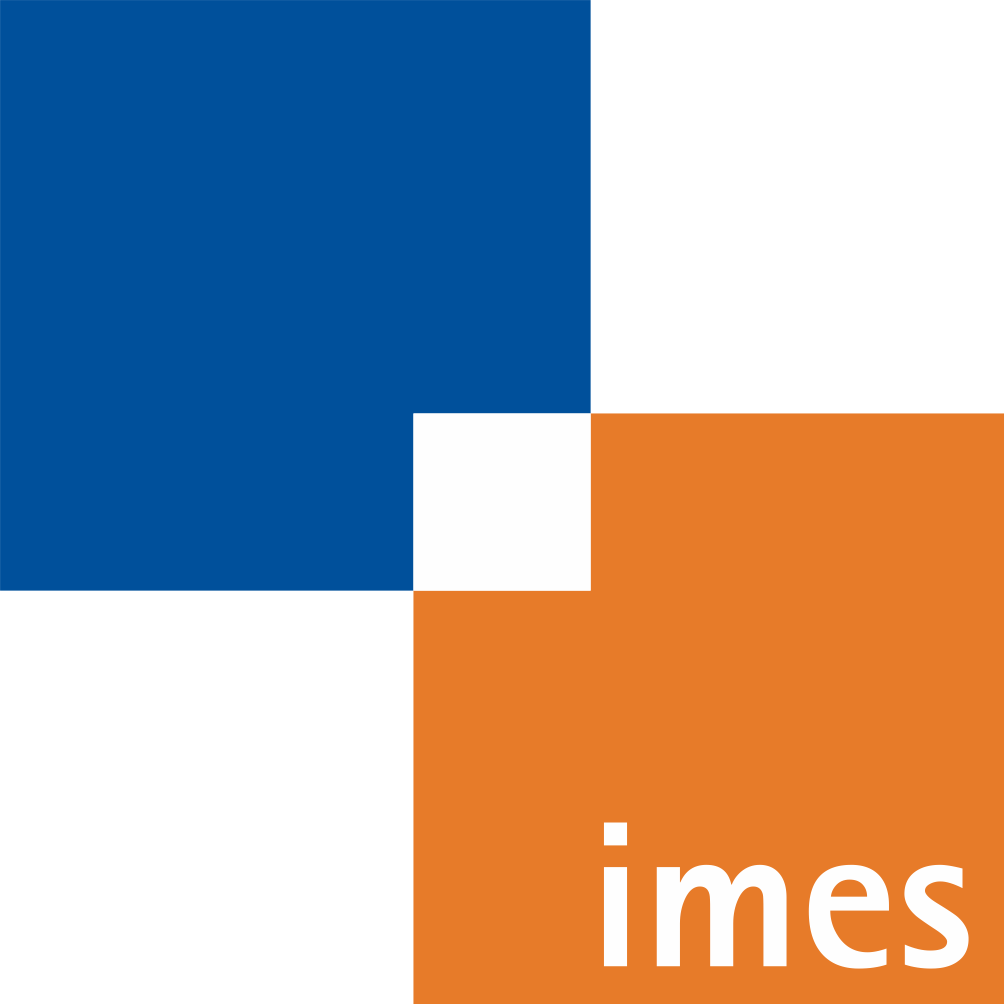Efficient Online Inference and Learning in Partially Known Nonlinear State-Space Models by Learning Expressive Degrees of Freedom Offline
- verfasst von
-
Jan-Hendrik Ewering,
Björn Volkmann,
Simon Friedrich Gerhard Ehlers,
Thomas Seel,
Michael Bernhard Meindl
- Organisationseinheit(en)
-
Institut für Mechatronische Systeme
Identifikation & Regelung
Robotik & autonome Systeme
- Typ
- Aufsatz in Konferenzband
- Publikationsdatum
-
2024
- Publikationsstatus
-
Elektronisch veröffentlicht (E-Pub)
- Peer-reviewed
-
Ja
- Elektronische Version(en)
-
https://doi.org/10.48550/arXiv.2409.09331 (Zugang:
Offen)
